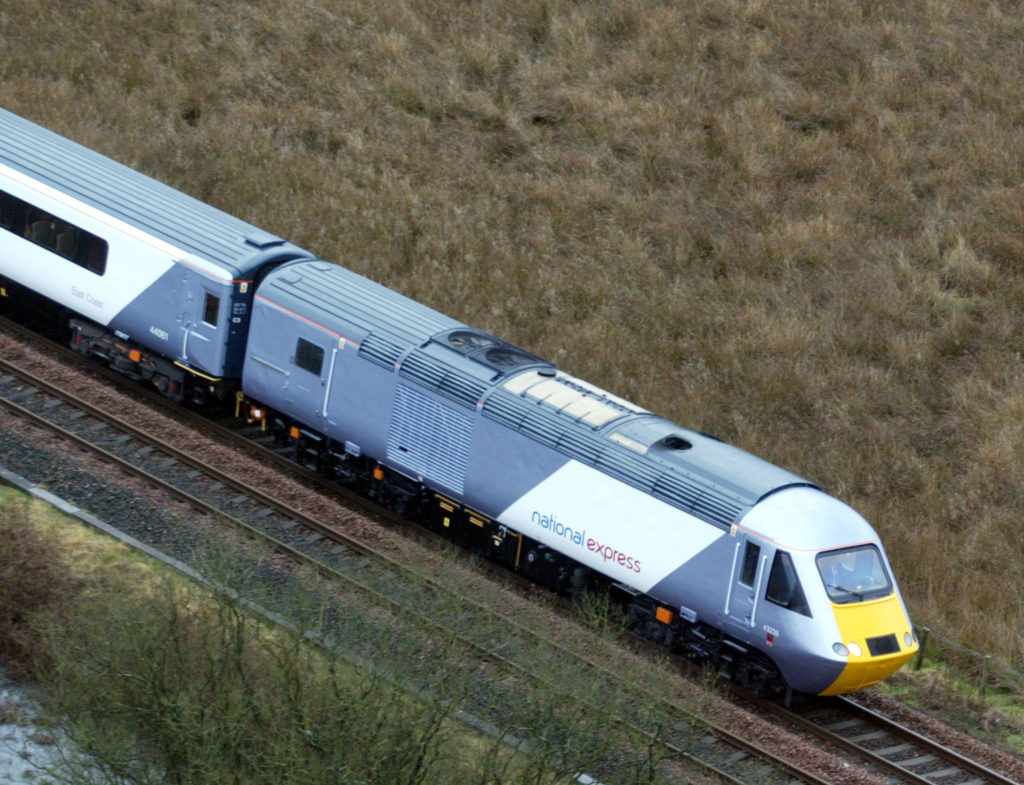
Government officials do not know how much dangerous air pollution is being emitted by diesel trains across the country, a response to a Freedom of Information request suggests.
The Department for Transport was asked the annual output of nitrogen oxides from the diesel train fleet but said it did not hold the information.
Nitrogen oxides are harmful pollutants, which mostly come from road transport, particularly diesel vehicles, and the UK is failing to meet legal targets to curb pollution in 37 air quality zones across the country.
In its response to the information request by the Press Association, the department also said it did not hold information on how many of the 37 failing air quality zones in the UK had rail lines serviced by diesel trains.
The most recent data from the Office of Rail and Road (ORR) shows that in 2016/2017, emissions of carbon dioxide – the key greenhouse gas which contributes to climate change – from passenger rail transport fell 3.7%, with freight showing a 4.2% fall that year.
The ORR report suggested the reduction was mostly due to more electric rolling stock.
But Transport Secretary Chris Grayling last year announced that planned rail electrification works on three lines would not go ahead, with “bi-mode” trains which could switch from electric to diesel mid-journey favoured instead.
Earlier this year, rail minister Jo Johnson called for the industry to meet the “ambitious” goal of taking diesel-only trains off the tracks by 2040, with bi-mode trains and alternative fuels among the options to meeting the target.
It comes as the UK Government has been ordered by the courts for a third time to strengthen its plans to meet the legal air quality targets for nitrogen dioxide that should have been achieved eight years ago.
Air pollution causes an estimated 40,000 premature deaths a year in the UK and is linked to health problems from childhood illnesses to heart disease and even dementia.
ClientEarth, the environmental law charity which has brought successful legal action against the Government over its air pollution plans, said the Government was in a corner over clean air.
The charity’s head of public affairs Simon Alcock said: “Diesel trains are clearly a contributor to the air pollution problem in some areas, but the Government’s failure to address this by fully electrifying the UK’s railways is another symptom of the lack of a coherent strategy to clean up the air.
“That it also doesn’t seem to have evidence on the levels of certain pollutants says it all.
“We’ve been breathing illegal levels of pollution now for eight years and it is harming our health. It’s about time Chris Grayling and the DfT, and ministers across government, started treating this public health crisis with the seriousness it deserves – and putting concrete solutions into action.”
Paul Morozzo, clean air campaigner at Greenpeace, said: “Electrifying the rail network would help with both climate concerns and the very poor air quality experienced at rail stations by passengers and staff.
“The Government’s plan on this lacks ambition and clearly needs further consideration.”
Recommended for you
